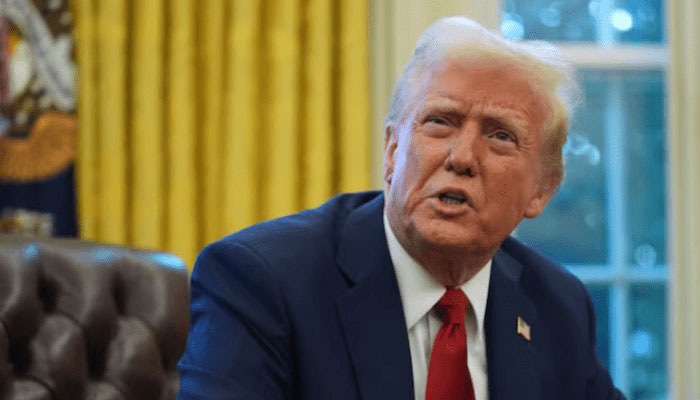WASHINGTON: U.S. President Donald Trump has ordered significant tariffs on goods from Mexico, Canada, and China, igniting a trade war that could have widespread global economic repercussions. The tariffs, which will take effect on Tuesday, include 25% duties on imports from Mexico and Canada, and 10% on goods from China.
Trump’s decision is driven by demands to curb the flow of fentanyl and illegal immigration into the U.S. The move has prompted immediate retaliation, with Mexico and Canada vowing to impose their own tariffs on U.S. goods, including products like beer, wine, and lumber. Canada has also expressed concerns over the impact on consumer prices, auto plants, and key exports like nickel and uranium.
China, the third country targeted, has said it will challenge the tariffs at the World Trade Organization, while also preparing countermeasures. The tariff escalation follows a warning from Trump during his 2024 presidential campaign and is expected to disrupt industries, particularly auto manufacturing, due to the complex supply chains across North America.
Read more: Donald Trump Announces Tariffs on Oil and Gas, Set to Take Effect on February 18
Economists predict the tariffs could reduce U.S. growth by 1.5 percentage points this year, and potentially push Canada and Mexico into recession. Critics of the move warn of the possibility of “stagflation” and increased financial volatility. Despite the concerns, Trump has maintained that the tariffs will remain in place until his demands regarding fentanyl and immigration are addressed.


Comments are closed, but trackbacks and pingbacks are open.